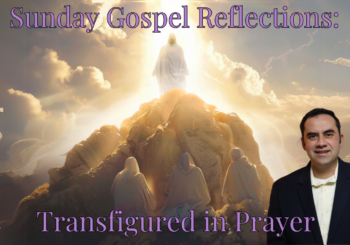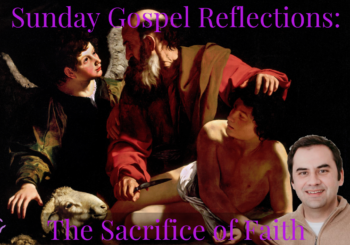
https://youtu.be/DKf66LE5uQ4
On this 2nd Sunday of Lent, we witness the Transfiguration of Jesus. As Tony explains, Luke's account of this great episode Jesus' life emphasizes the importance of prayer, and the transformative power it can ha...
Read More
Read More


